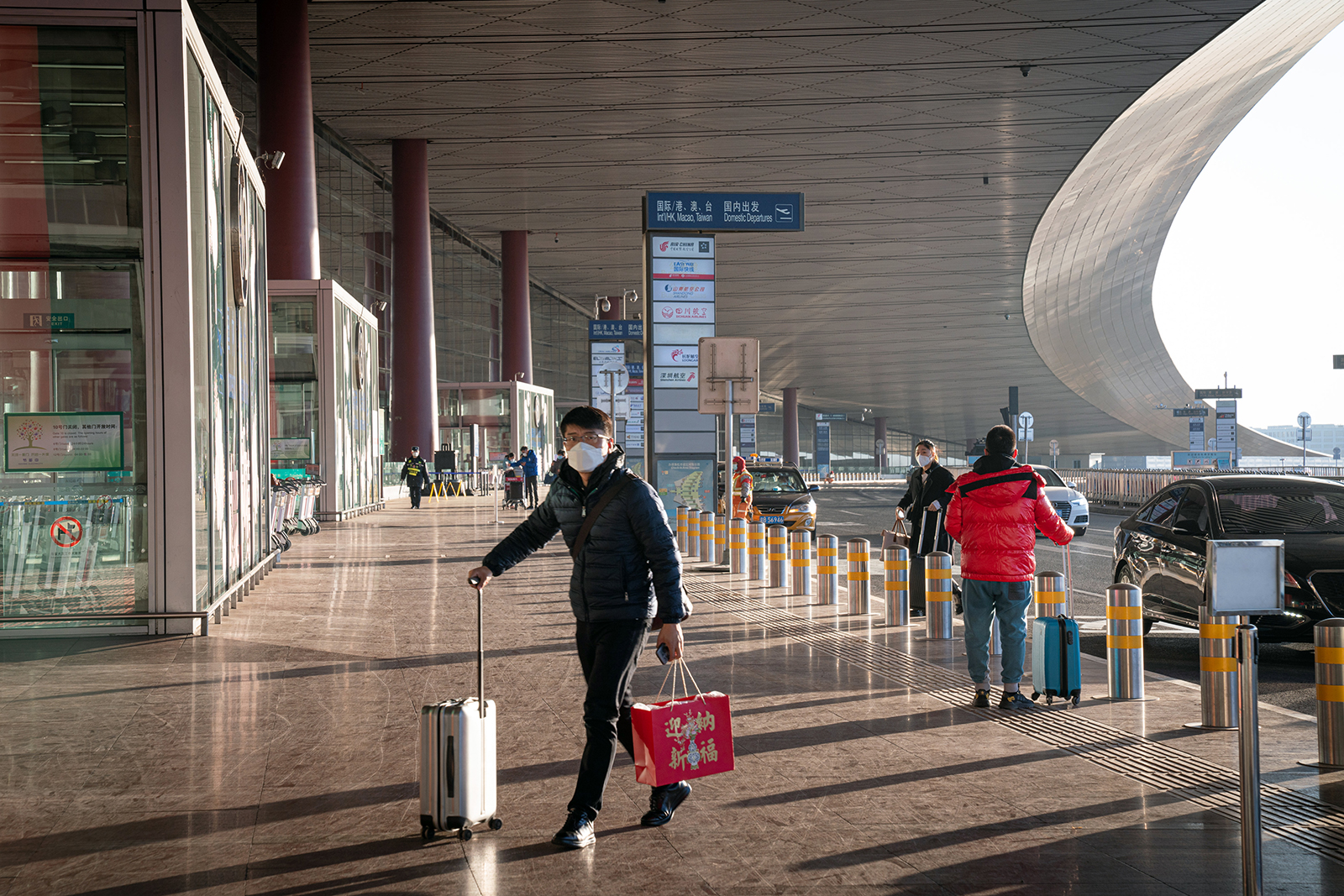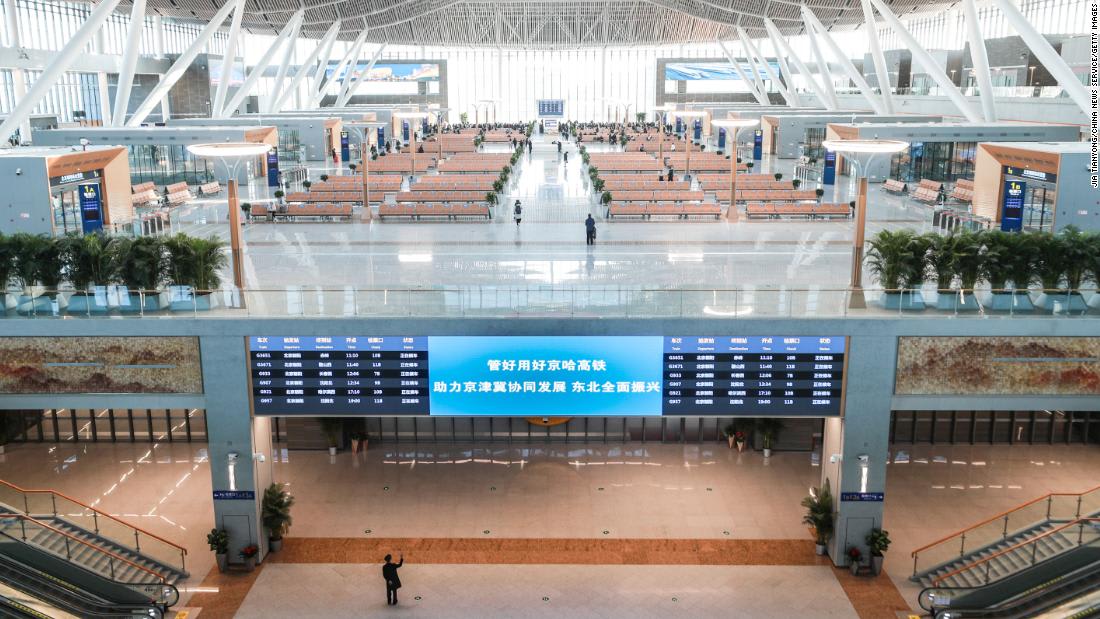
Normally at this time of year, hundreds of millions of Chinese people would be packing highways, trains and planes on homebound trips to celebrate the Lunar New Year with their family.
But this year, the largest annual human migration on Earth has been put on hold, following the Chinese government’s call to avoid “nonessential” trips during the holiday period to prevent a resurgence of the coronavirus.
That is a lot to ask: The Lunar New Year, also known as Spring Festival in China, is the most important holiday in the Chinese calendar — the equivalent of Thanksgiving, Christmas and New Year’s Eve combined.
For many Chinese who left their hometowns for better job opportunities in big cities, it is the only chance they may get to see their families this year. Parents who left children behind in villages so they could work may face another 12 months without them.
To discourage people from traveling, China’s National Health Commission has imposed new rules that require people returning to rural areas to produce a negative Covid-19 test taken within the previous seven days, and to spend 14 days in “home observation” upon arrival.
Some local governments have added their own, stricter rules: For example, in some places, returnees need to spend two weeks in a government-approved quarantine hotel, instead of remaining under observation at home with their families.
The new restrictions have provoked fury on social media, with some questioning the government’s policy at a time when many people had hoped to go home.
“I would like to ask, did you seriously think about it and look into it before making this policy?” one person posted on Weibo, China’s Twitter-like service.
“Do medical conditions in the vast rural areas allow everyone to have a coronavirus test every 7 days? Doesn’t the gathering for coronavirus tests bring a bigger risk of infection? In addition, the state only gives us 7 days of statutory holiday, and now you ask returnees to be isolated for 14 days. What are your brains made of?”
Read the full story:
You may also like
-
UK coronavirus variant has been reported in 86 countries, WHO says
-
NASA technology can help save whale sharks says Australian marine biologist and ECOCEAN founder, Brad Norman
-
California Twentynine Palms: Explosives are missing from the nation’s largest Marine Corps base and an investigation is underway
-
Trump unhappy with his impeachment attorney’s performance, sources say
-
Lunar New Year 2021: Ushering in the Year of the Ox


